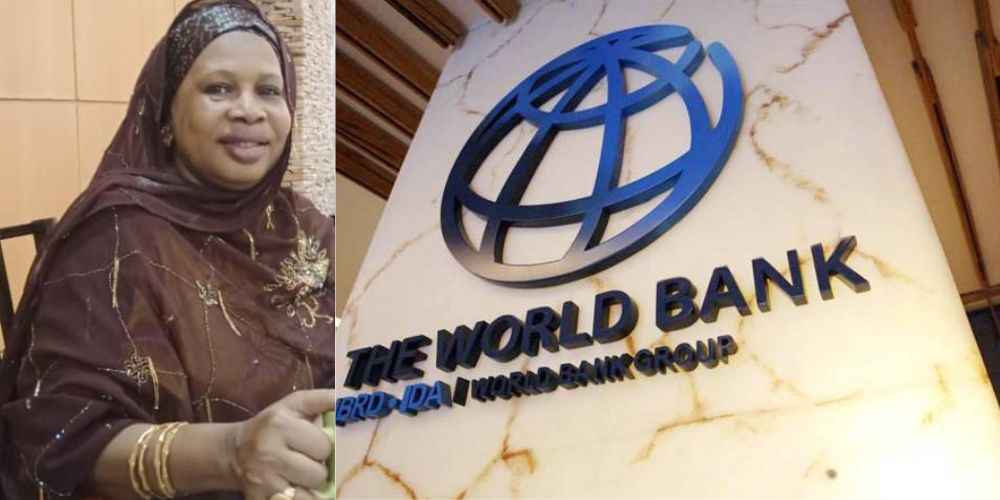Over 7,000 Classrooms Renovated, 1.6 Million Adolescent Girls Assisted Through World Bank AGILE Project – National Coordinator
The National Coordinator, Adolescent Girls Initiative for Learning and Empowerment (AGILE) project, Mrs. Amina Buba Haruna has revealed that the project has currently reached 1,614,545 adolescent girls in the country.
AGILE is a World Bank assisted initiative of the Federal Government aimed at improving secondary education opportunities for adolescent girls aged between 10 – 20.
Advertisement
The AGILE Project is currently implemented in seven states of Borno, Ekiti, Kaduna, Kano, Katsina, Kebbi, and Plateau states with additional 11 states recently joining the project.
The additional states are Adamawa, Bauchi, Gombe, Niger, Jigawa, Kogi, Kwara, Nasarawa, Sokoto, Yobe and Zamfara.
The AGILE Project started with an initial $500m from the World Bank but with the additional 11 states, the Bank approved an additional $700, totaling $1.2 billion, making it one of the biggest education projects in Africa.
Haruna who disclosed this during an interview with THE WHISTLER to commemorate the International Day for the Girl Child(IDG) celebrated annually on October 11 , said that over 7,731 non-functional classrooms were renovated and over 84,000 teaching and learning materials have been provided to schools and are in use by the learners and teachers.
Advertisement
She added that the project provides critical life skills, digital literacy, financial incentives, and second chance education opportunities to the girls to encourage their enrolment, retention, and completion of secondary education in the implementing states.
“It also encourages adolescent girls to enroll in school through the renovation of secondary school buildings and construction of new ones; provision of modern Water Sanitation and Hygiene Facilities (WASH), financial incentives/scholarships to indigent learners, as well as dissuading parents/communities from those religious beliefs and social norms that stop them from allowing their daughters from accessing and completing secondary education, through various communication and advocacy campaigns and strategies,” she said.
Haruna noted that over 9,742 WASH facilities have been constructed with separate toilets for boys and girls, adding that over 6,000 girls have commenced the skills and digital literacy.
“Also, over 140 master trainers (20 ICT teachers per state) have been trained in the seven implementing states on Remote Learning platform; over 1400 teachers in other subject areas (200 per State) have been trained on Remote Learning,” she added.
The national coordinator further stated that the recent introduction of Second Chance Education, a measure aimed at supporting out-of-school girls that are economically and educationally poor in the implementing states, has helped to encourage girls to return to school.
Advertisement
“In addition to this, the project also carries out advocacy to traditional and religious leaders, sensitization and awareness campaigns to communities on the importance of girl child education, provision of financial incentives to poorest households, and provision of modern WASH facilities in the schools, as well as the involvement of School Based Management Committee (SBMCs) in the implementation,” she said.
In her message on the International Day for the Girl Child, Haruna urged Nigerians to remember that the Girl Child deserves equal educational and empowerment opportunities as the boy child.
“An educated and empowered girl is an asset to any society as in her lies so many potentials that are capable of uplifting her family and society. So, the girl-child should be treated special, as indeed she is.
“ I encourage parents and guardians to expose their female children and wards to educational and empowerment opportunities that will enable them explore her full potentials for the betterment of the society like AGILE’s slogan ‘the Girl in the mirror is me, she is you, she is us’,” she said.



